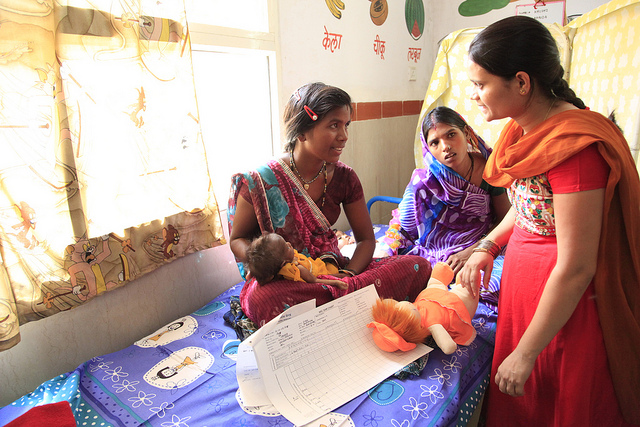Aggregated News

As one country responds with a ban on commercial surrogacy, the market just shifts to the next unregulated destination. An international declaration will thus send the right message against exploitation of women.
In 2016, the Indian government drafted the Surrogacy (Regulation) Bill that would end commercial surrogacy in the country. Early 2017, the Cambodian government followed with a similar regulation, shutting its doors to cross-border commercial surrogacy. In August 2017 the Huffington Post reported the movement of cross-border surrogacy to Ukraine and Russia after Asian countries closed their doors to it.
It is a suitable time to view cross-border surrogacy and third party reproduction as a global health and human rights issue emerging out of the demand for infertility services, using assisted reproductive technology.
This growing market can be exploitative to women in developing countries, a reality that is being addressed mostly after the infringement of human rights has happened in affected countries through national guidelines and regulations.
To bring an end to this form of reproductive tourism, it is imperative to view this as a global phenomenon of...



